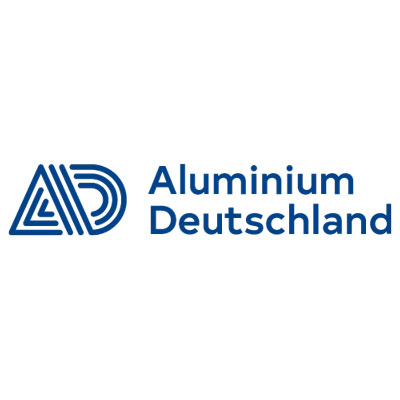Written on: November 26, 2022 by SprayTM
 The aluminum economy in Germany continued to cool down in the third quarter of this year, according to Aluminum Germany (AD). With a 25% drop, the production of raw aluminum fell particularly significantly compared to the same quarter of the previous year. In the period from January–September 2022, only approximately 653,000 tons were produced (-22%). The decline has continued to increase over the course of the year to date.
The aluminum economy in Germany continued to cool down in the third quarter of this year, according to Aluminum Germany (AD). With a 25% drop, the production of raw aluminum fell particularly significantly compared to the same quarter of the previous year. In the period from January–September 2022, only approximately 653,000 tons were produced (-22%). The decline has continued to increase over the course of the year to date.
AD President Rob van Gils said, “The prevailing electricity price level still does not allow for economic production in Germany and is forcing aluminum smelter operators to gradually shut down their furnaces. I am very concerned as to whether this elementary raw material still has a future in Germany.”
In the processing of aluminum semis (sheet, strip, plate, profiles, rod and bar, tube, wire and forgings), the production volume in the past quarter fell by 2% to just under 662,000 tons. Among them, manufacturers of rolled products recorded a decline of 3%, while producers of extruded products slightly exceeded the level of the same period last year (1%). In the first nine months of this year, the semis sector recorded a decline of 1% to two million tons. However, the comparatively moderate development in the semis sector should not hide the fact that difficult times are ahead in Germany, as indicated already by incoming orders.
van Gils emphasized, “The situation for the entire German aluminum industry continues to threaten the existence of [companies]. Anyone who talks about securing raw materials, resilience and reducing dependencies should not forget aluminum, because without aluminum, there would be no electric cars, no solar panels and no wind turbines. Without the material, we could overturn our ambitious climate goals.”
Van Gils continued, “The announced price caps for gas and electricity until spring 2024 are the right way to defuse the situation for the industry in the short term. Therefore, they should definitely come into force on January 1, 2023. However, capping the price of electricity at 13 cents per kilowatt hour would still not allow competitive production of primary aluminum in Germany. It is a first step in the right direction, but more must follow.”